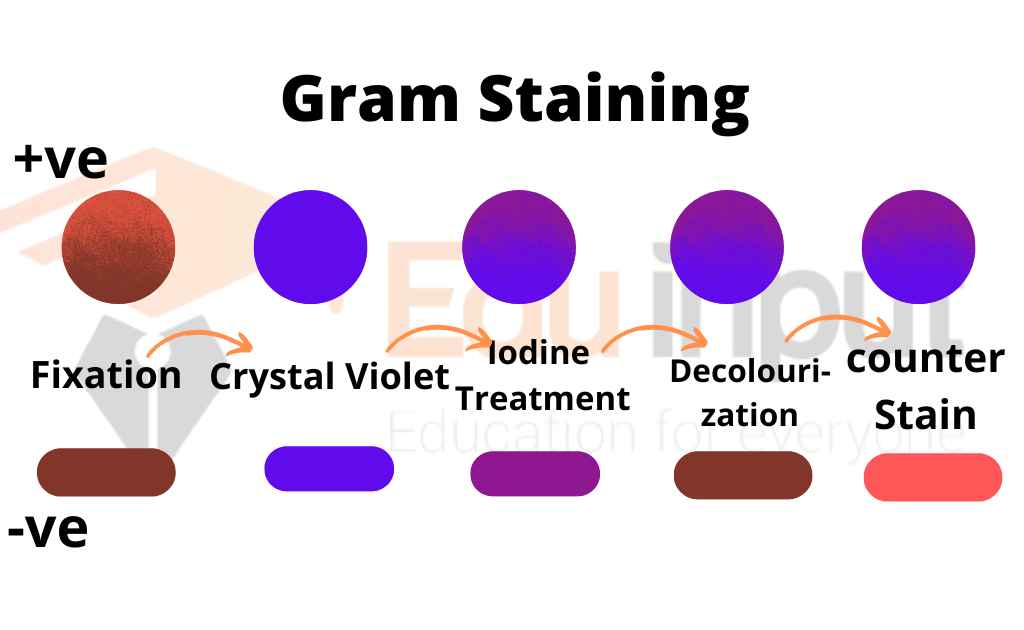10 Bacteria that Cause Disease
Some common bacteria that cause diseases include Escherichia coli (E. coli), responsible for food poisoning, Staphylococcus aureus, which causes skin infections like boils and impetigo, and Streptococcus pneumoniae, a major contributor to pneumonia. Other notable bacteria that cause diseases include Salmonella and Campylobacter, also known for food poisoning, and Mycobacterium tuberculosis, the bacterium responsible for the deadly disease, tuberculosis.
Examples of Bacteria that Cause Disease
Here is the list of Bacteria that Cause Disease:
1. Staphylococcus aureus
This gram-positive bacterium was discovered by Rosenbach in 1884. It is a major cause of skin infections. It can also cause pneumonia, food poisoning, and other serious conditions.
2. Streptococcus pneumoniae
It was Identified by Talamon and Fraenkel in 1880. This gram-positive bacterium is a leading cause of pneumonia, meningitis, and sinusitis. It spreads through respiratory droplets and can pose a serious threat to individuals with weakened immune systems.
3. Enterococcus faecalis
This gram-positive bacterium was discovered by Thiercelin in 1899. It is a common cause of hospital-acquired infections. It can be resistant to multiple antibiotics, making it a significant challenge to treat.
4. Bacillus anthracis
This gram-positive bacterium was identified by Cohn in 1875. It is the causative agent of anthrax. It forms spores that can survive in the environment for decades, posing a bioterrorism threat.
5. Listeria monocytogenes
This gram-positive bacterium was discovered by Murray in 1924, is a major foodborne pathogen. It can cause serious illness, particularly in pregnant women, newborns, and individuals with compromised immune systems.
6. Clostridium botulinum
This gram-positive bacterium was identified by van Ermengen in 1895. It produces a toxin that causes botulism. This potentially fatal illness can occur from improperly canned or preserved foods.
7. Clostridium perfringens
This gram-positive bacterium was discovered by Welch and Nuttall in 1892. It causes gas gangrene, a serious infection that can occur after surgery or trauma. It is also a common cause of food poisoning.
8. Streptococcus pyogenes
This gram-positive bacterium was discovered by Fehleisen in 1883. It is responsible for various skin infections, including impetigo, cellulitis, and strep throat. It can also cause more serious conditions like rheumatic fever.
9. Streptococcus agalactiae
This gram-positive bacterium, discovered by Schottmüller in 1903, can colonize the vagina and rectum of pregnant women. If not treated, it can be transmitted to newborns during birth, leading to serious infections.
10. Mycoplasma pneumoniae
This atypical bacterium, discovered by Eaton in 1944, is a common cause of pneumonia, particularly in children and young adults. It can also cause other respiratory illnesses, including bronchitis and sinusitis.

 written by
written by 





Leave a Reply